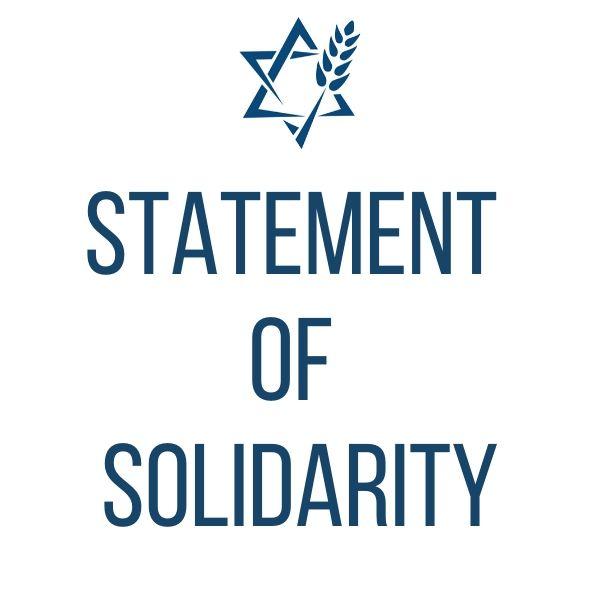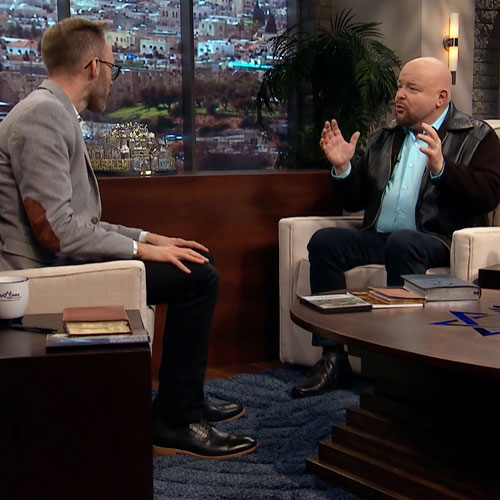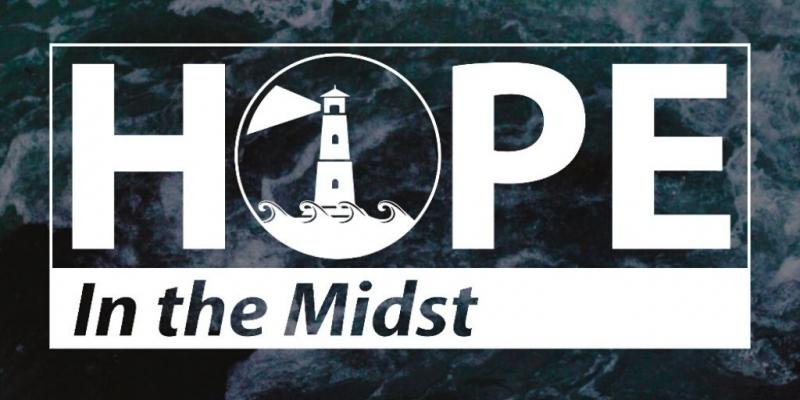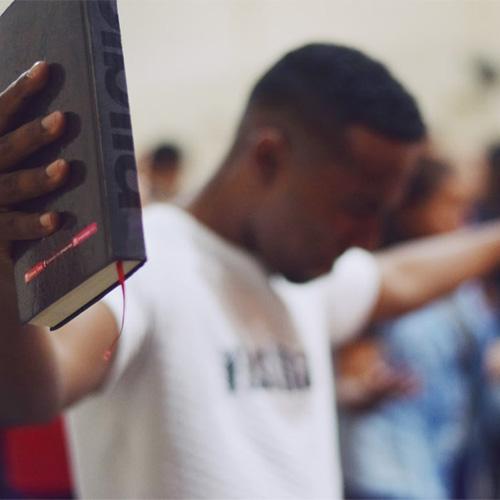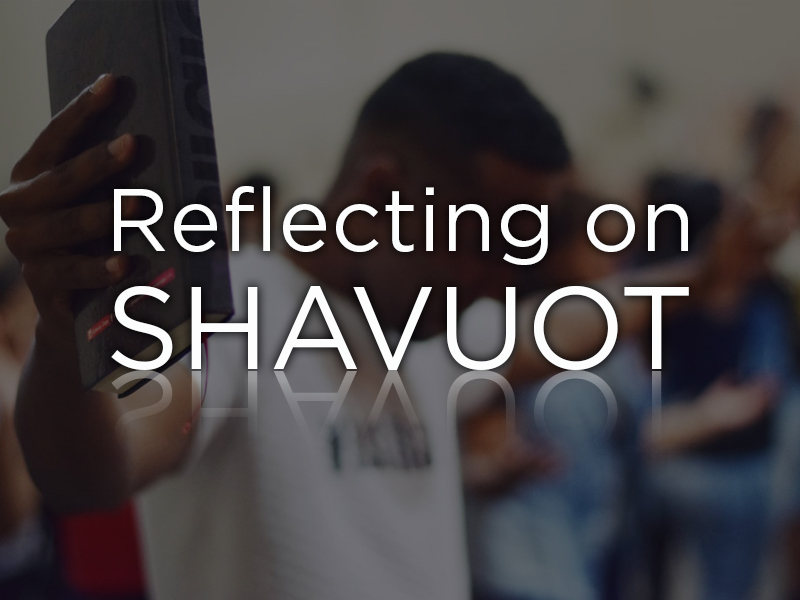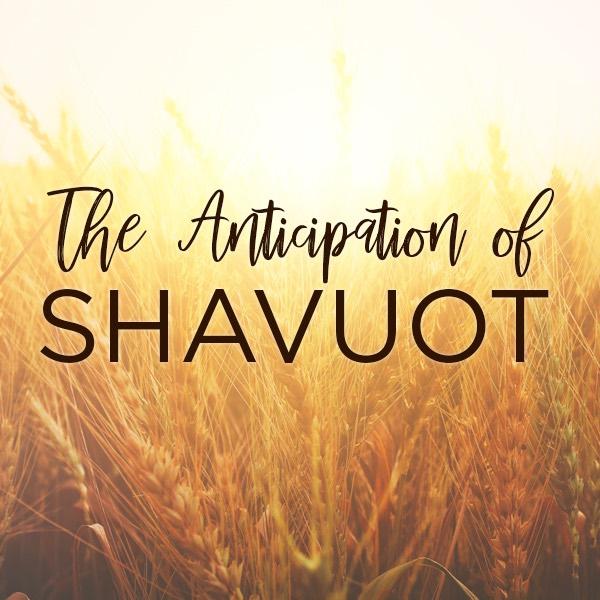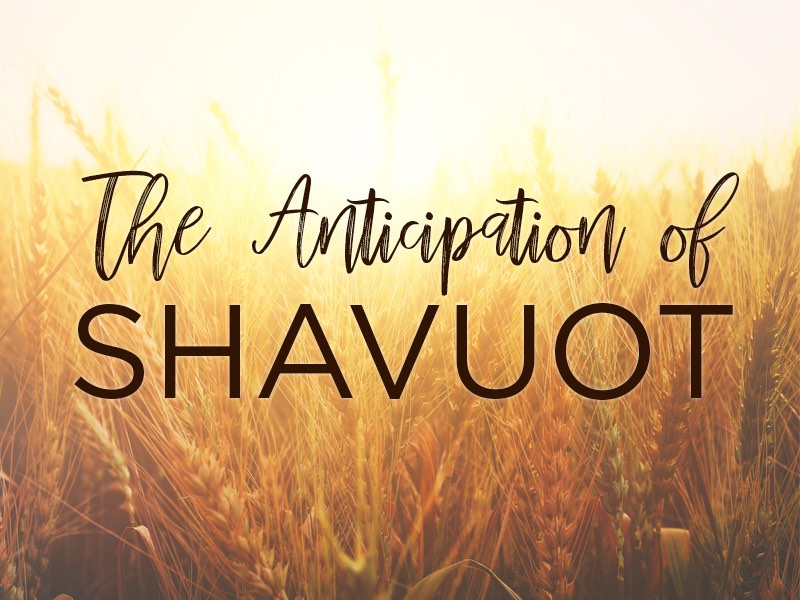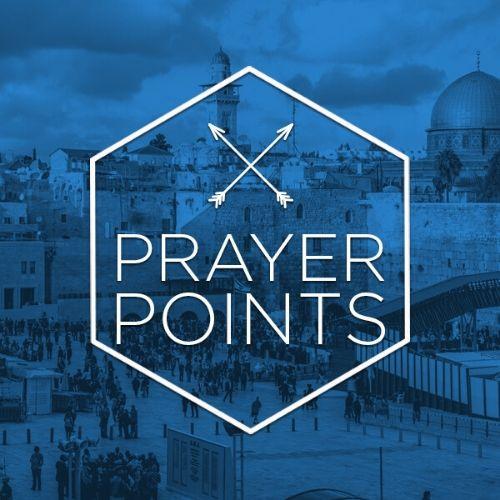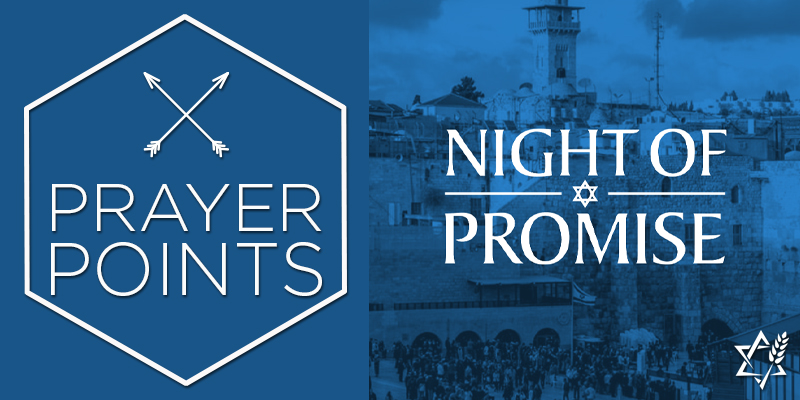The statement below is from Union of Messianic Jewish Congregations, an affiliate organization of Jewish Voice. Our organization agrees with the statement made below, and adopts it as our stance.
On behalf of the UMJC, its member congregations and ministries,
We are grieved and outraged by the brutal suffocation of George Floyd and the deaths of many other victims of racially motivated violence. We are moved to declare our solidarity with brothers and sisters in the black community. You are right to demand recognition as full, respected members of a free society. We hear your lament that injustices caused by systemic racism are no longer tolerable. We grieve with you as you recall the suffering of too many heartbroken families torn apart by repressive, unrelenting crimes of racial hate. We honor your continued calls for genuine justice, liberty and equality.
Yeshua our Messiah, quoting the Torah (Lev. 19:18), called us to love our neighbors as ourselves; but a man trying to justify himself asked him, “and who is my neighbor?” Yeshua proceeded to tell the story of the Good Samaritan (Luke 10:29-37), making clear that our obligation to love others extends far further than the boundaries of our own tribe or people.
We know this story and principle well, but how well do we implement it in our lives and in our congregations? Do we love in words only, or also in deeds?
We call on our fellow leaders in the Messianic Jewish community to reach out proactively to black church leaders, activists, organizers, and business leaders in our local communities. Now is the time to offer our listening ears, our feet, and our financial resources to support them in their time of grief and in their calls for justice, accountability, and reform.
We are also moved to call for a time of introspection and repentance. We must all search our hearts in the sight of our almighty God and ask, “Have I stood idly by the blood of my neighbors? Do I bear in my heart any unconscious residue of racism? Have I ever responded in fear when love was called for instead?”
As we listen and learn from our brothers and sisters in the black community, and from people of color within the Messianic Jewish community, we commit to honor one of the Torah’s weightiest commandments: “Justice, only justice, shall you pursue.” (Deuteronomy 16:20)
- UMJC Executive Committee
The statement below is from Messianic Jewish Alliance of America, an affiliate organization of Jewish Voice. Our organization agrees with the statement made below, and adopts it as our stance.
Official MJAA Statement on Tragic Death of George Floyd
The leadership of the Messianic Jewish Alliance of America (MJAA) and the International Alliance of Messianic Congregations and Synagogues (IAMCS), on behalf of its respective constituencies, would like to express our deep sadness as we stand together in one accord with the national heartache over the tragic death of George Floyd. Our heartfelt prayers are with the family and friends of Mr. Floyd, and we express our most sincere sympathies, in unity with our African American brothers and sisters who currently lament the sorrow of the centuries-old struggle against racial hatred.
As Jewish people, we know the pain of not being treated on an equal basis by others. We are well acquainted with the inhumanity and suffering that results from discrimination and persecution which, historically, has given rise to the death of so many of our people.
We stand in condemnation of the heinous act committed by those who wrongfully took Mr. Floyd’s life. As Dr. Martin Luther King Jr. famously said: "Injustice anywhere is a threat to justice everywhere.” We could not more agree. The tragedy in Minneapolis has touched us all. As Dr. King well-knew, the Bible teaches us many principles of how men ought to live, but none is more fundamental nor urgent in our time than the word that Yeshua (Jesus) gave us concerning the brotherhood of mankind: “My command is this: Love each other as I have loved you." (John 15:12).
We who love America and believe it to be a nation greatly blessed by God, must nonetheless recognize how much our great soil has been stained by the sin of racism. Although America has made meaningful and important strides forward in advancing the civil rights of all, it is sometimes difficult to imagine if or how the country can ever overcome so great a sin. Yet, we have hope, as Scripture declares: “Above all, keep loving one another earnestly, since love covers a multitude of sins.”. (I Peter 4:8)
We love our African American brothers and sisters and do hope and pray that Mr. Floyd’s tragic and unnecessary death will, perhaps, bring people in this great country to a place of greater love and understanding.
We are all children of the same Creator. We are all sinners in need of a savior. Our heartfelt prayer is that we can come together at this moment and humbly ask Almighty God for the healing, restoration and renewal we so desperately need in America today.
He has told you, humanity, what is good, and what the Lord is seeking from you: Only to practice justice, to love mercy, and to walk humbly with your God. (Micah 6:8)
Executive Committee
Messianic Jewish Alliance of America
Steering Committee
International Alliance of Messianic Congregations and Synagogues



